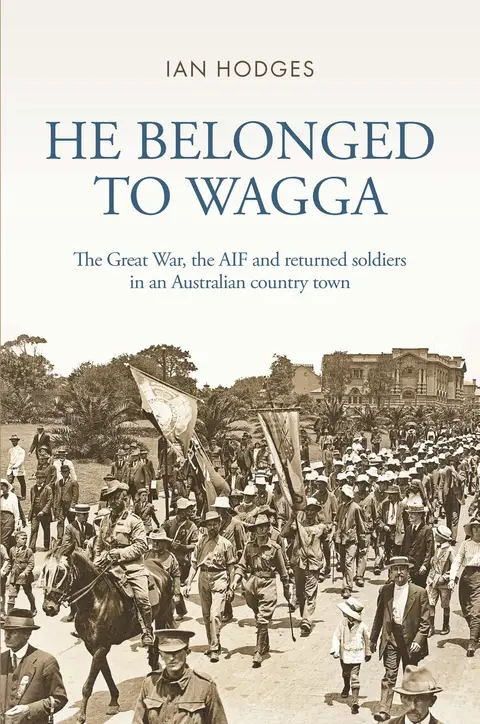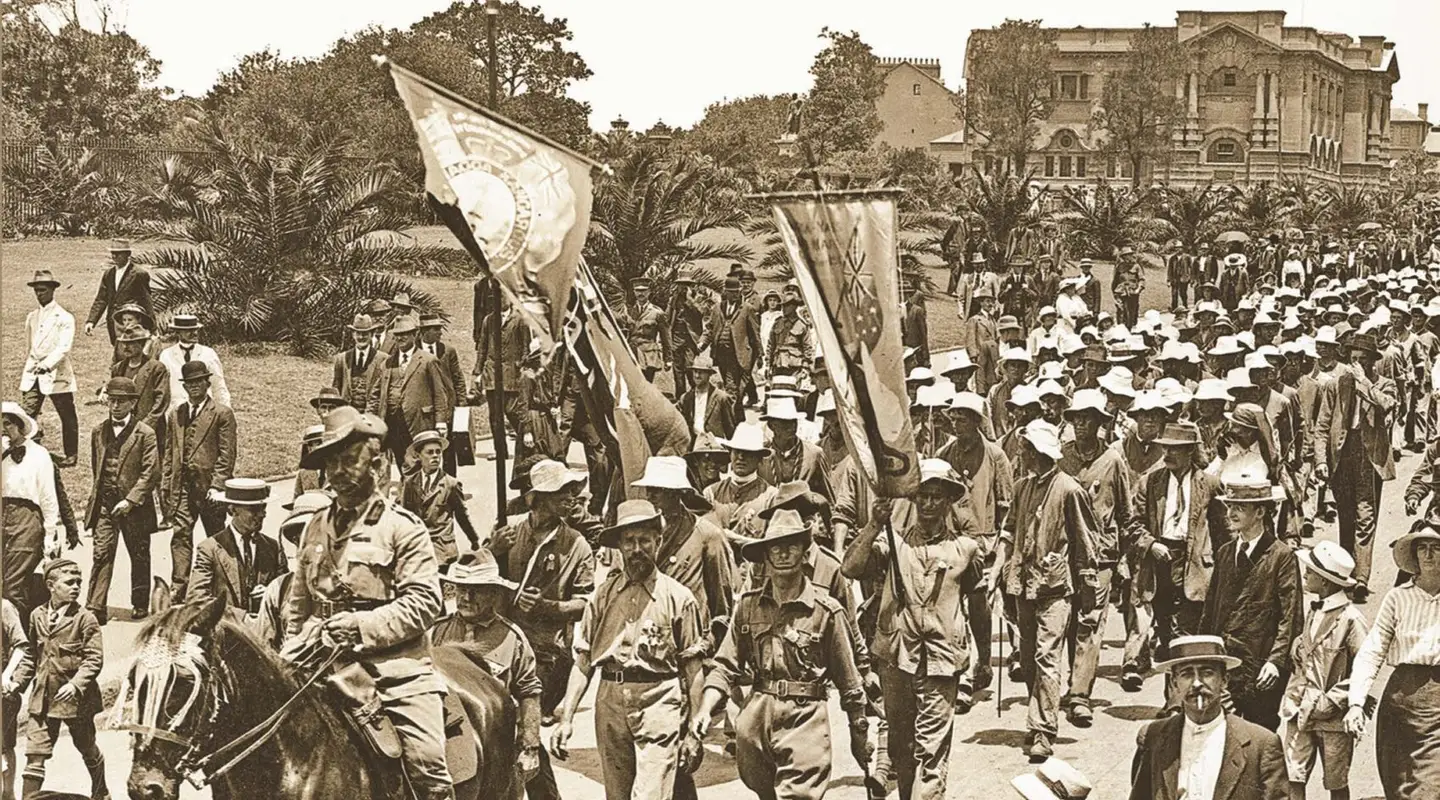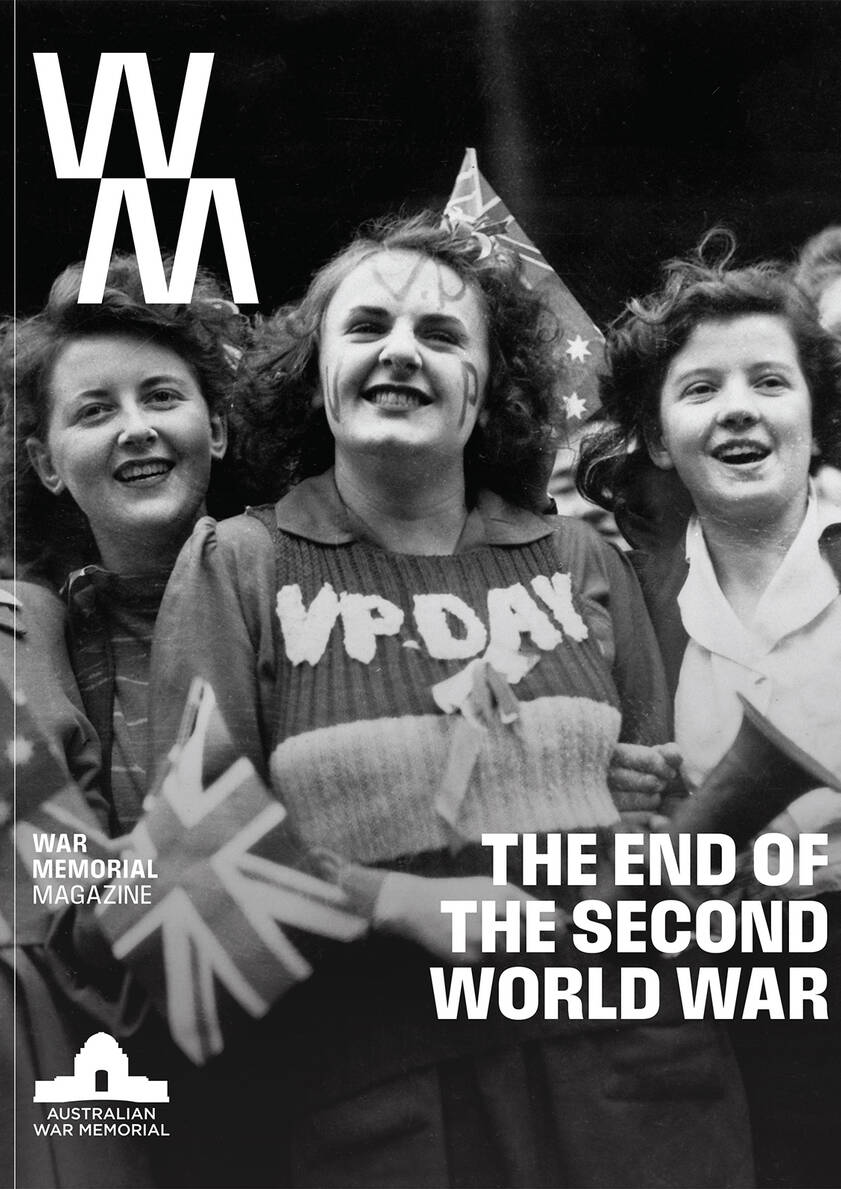He Belonged to Wagga follows the First World War generation from the Wagga Wagga district in southern New South Wales.
 +
+
He Belonged to Wagga: The Great War, the AIF and returned soldiers in an Australian country town
By Ian Hodges
Details: Non-Fiction, published 2022.
Format: Soft cover, 340 pages.
He Belonged to Wagga follows the First World War generation from the Wagga Wagga district in southern New South Wales, following their experiences from the late nineteenth century to the mid-1930s. A masterfully rewritten thesis, and winner of the NSW Community and Regional History Prize, He Belonged to Wagga is largely based on Repatriation Department files, but incorporates everything from war diaries and service records to diaries, personal papers, and tennis club minutes.
As well as presenting a detailed account of the world in which Wagga’s soldiers grew up, their military service, demobilisation and repatriation, Hodges continues to follow their lives after the war, exploring the ongoing impact of the war through its effect on veterans’ place in their community.
Of course, many who survived the war were profoundly affected, and some never recovered. But there is ample evidence of a wide range of experiences. As well as the unemployed and destitute, those who needed constant care, and those who turned to crime, the returned men included those who became significant figures in Wagga’s social, civic and business life and led lives of contentment and success: “The war did not destroy everyone.”
Revealing this range of experiences exposes the nuances that underlie more simplistic national stories of the war. In many ways, the examples supplied by Wagga suggest both the truth behind commonly accepted views and the extent to which these obscure a more complex reality.
While He Belonged to Wagga engages with Australian military history, the placement of this engagement within the broader framework of community, regional, business, and personal stories leads to it being a book that is far more than the sum of its parts: a deeply engaging regional history with undeniably national importance.


